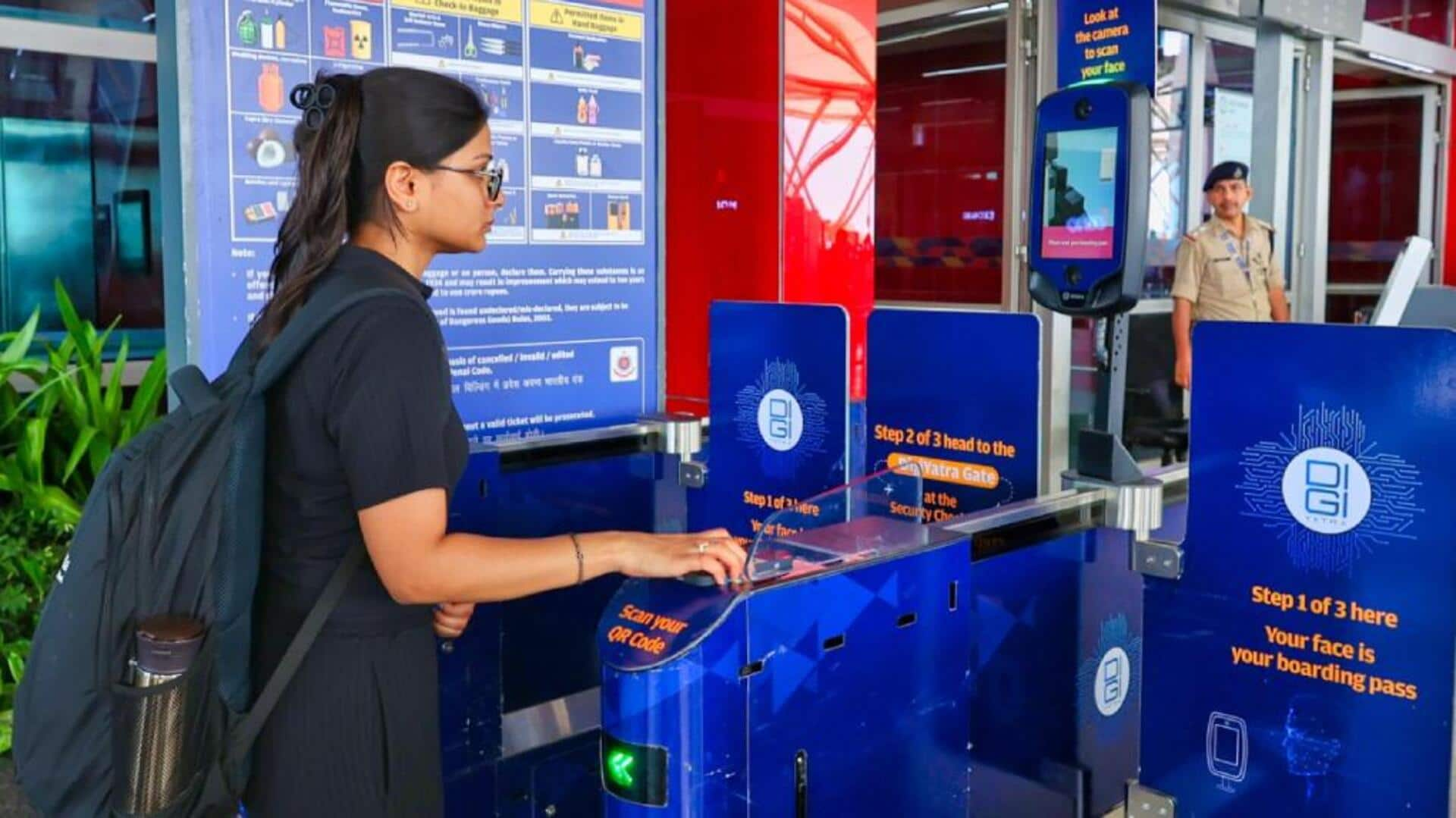Your face and smartphone may soon replace the paper passport
What's the story
The global travel industry is on the verge of a major overhaul, with facial recognition technology and smartphones poised to take the place of traditional paper passports.
The move is aimed at making international travel a lot easier by doing away with the need for physical documentation.
Airports and governments around the world are working together on the project, which could redefine international travel.
Adoption
Global adoption of passport-free travel
Several countries, including Finland, Canada, the Netherlands, the UAE, the UK, Italy, the US, and India are exploring different degrees of passport-free travel.
In a major step toward this direction, Singapore had announced in October that its residents could travel to and from the country without documentation.
Even foreign visitors can "enjoy the convenience of passport-less clearance when they depart Singapore."
The new system has already been used by over 1.5 million people, officials said.
Functionality
How does the new system work?
The proposed systems typically work by storing information, usually available on your passport's NFC chip, digitally and connecting it to your phone.
The EU is looking at creating an official travel app for the same.
At airports, travelers would show their phones and face recognition cameras would try to match them with their passport photos stored in the system.
DTC
Digital Travel Credential: A new approach to travel
One of the most widely tested methods is that of a "Digital Travel Credential" (DTC), as proposed by the United Nations' International Civil Aviation Organization (ICAO).
The DTC has two parts - a virtual element representing information stored on passports, and a physical part on your phone.
The two components are cryptographically linked to prevent forgery.
This way, authorities can verify digital passport data before the traveler's arrival.
Concerns
Concerns over data protection and surveillance
The move to digital travel documents has sparked fears over data protection and the normalization of intrusive surveillance technology such as face recognition.
Concerns have also been raised over how these digital ID systems could be expanded to other areas of society, who controls or builds this infrastructure, and whether different countries would treat people differently depending on their data protection regimes.
Criticism
India's Digi Yatra system faces criticism
In India, the Digi Yatra face-recognition boarding system has been criticized for its implementation.
A survey revealed that nearly one-third of passengers enrolled in the Digi Yatra biometric system were signed up without their knowledge.
The system is already active in 24 airports across the country and could be extended to foreign citizens in 2025.
There are also plans to introduce identity tech in hotels and historical monuments, further expanding the use of facial recognition tech beyond travel.
